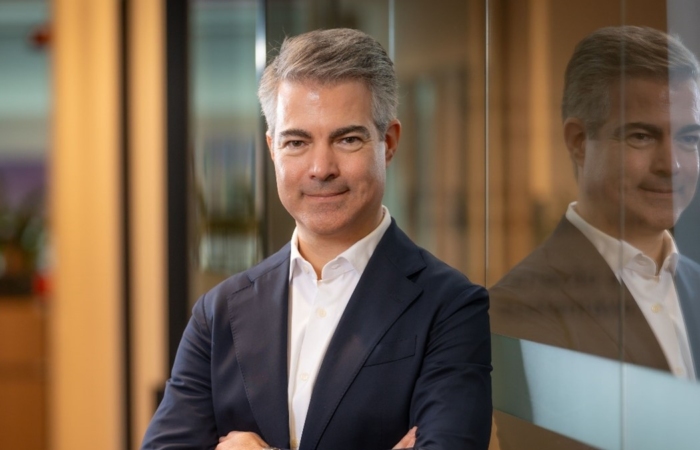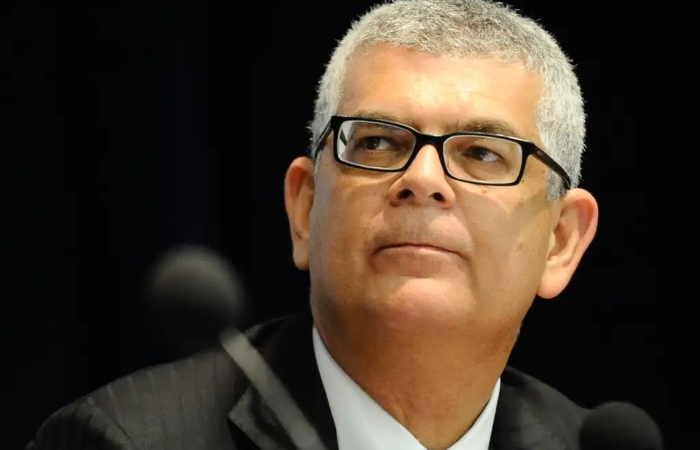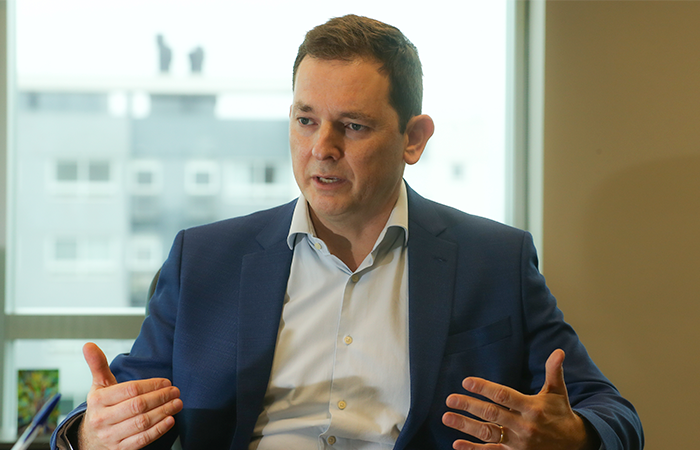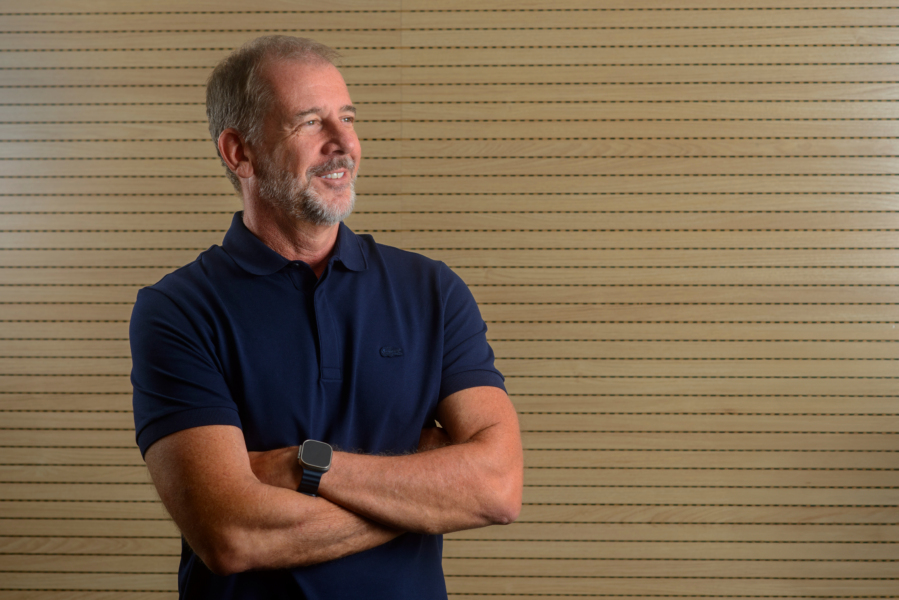
With the aim of showing the challenges of reputation management in a highly competitive environment, the Reputation Feed heard Leonardo Linden, president of Ipiranga, one of the main fuel distributors in the country. With 87 years of operations in Brazil, the company has around 6 thousand stations and sold, in 2024, more than 17.5 billion liters of fuel until the third half of the year.
“When you look at everything over time, you can see how the reputation, brand perception, and culture are evolving. We are talking about a company with a lot of tradition, a long history in Brazil, and a very well-accepted brand; all of this certainly helps us do business and grow,” says Linden, who took over as president of Ipiranga in 2021 and has over three decades of experience, in the country and abroad, in the fuel, oil, and gas sector.
In this exclusive interview, Linden talks about Ipiranga's image, areas of action for culture and the company's reputation-building journey, in addition to reinforcing the importance of monitoring and mitigation plans for operational and reputational risks. He also discusses the outlook for 2025 and market challenges, such as cases of irregularities that harm consumers, affect tax collection, promote unfair competition and can even depreciate the industry's reputation. He also addresses global issues such as the energy transition and the implementation of the WOP 30 in Brazil. Read below:
How do you see Brazil in 2025?
From a business perspective, it will be challenging, as it has been for a long time. The business is highly competitive, it deals with important structural issues, irregularities, it has more and more competitors and a more open environment, but, on the other hand, it is advancing and provides opportunities for investment. The fuel sector, in general, including biofuels, has grown by 12% in the last three years. Even though the scenario is one of energy transition, the country is very relevant from the point of view of biofuels. So, it is a growing sector, and we have to be prepared to invest and act in the way it presents itself.
What impact does the reformulation of service stations (repositioning of the brand, with renewed visual identity and points focused on a consumer mobility journey) have on customer confidence and the company's reputation?
These image review processes are part of making the brand increasingly up-to-date, without causing any kind of rupture, because the company and the brand are very traditional. The history of Ipiranga itself, a genuinely Brazilian company, with a very Brazilian culture and positioning, already tells us a little about how the consumer sees and perceives it. This partly explains its success over this long period. In brand surveys, Ipiranga's positioning is always very favorable. From the company's point of view, today, the brand is our greatest asset.
“We establish, not only within Ipiranga, but in the relationship with the controller or the shareholder, a transparent and clear stance on governance of reputational issues.”
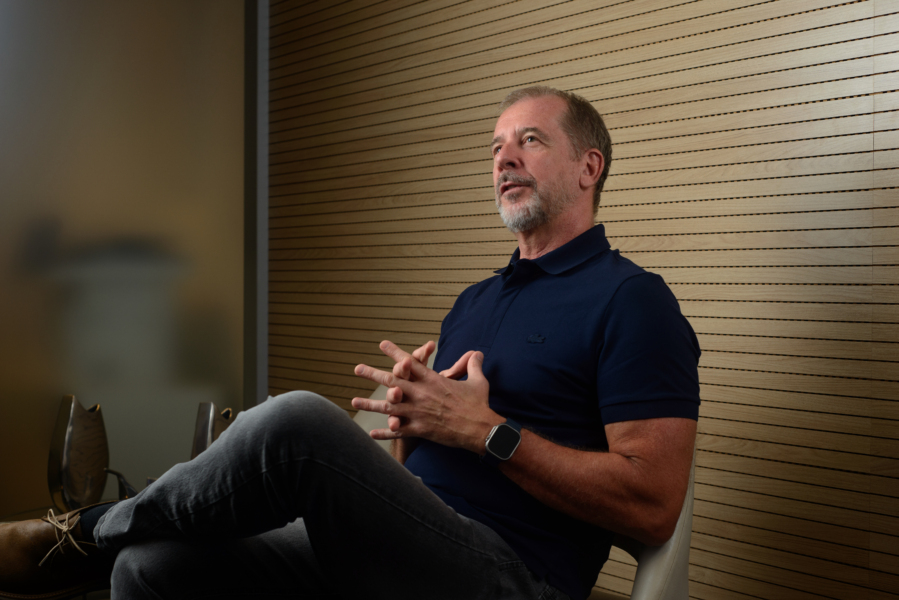
How important is reputation at Ipiranga and how is the topic addressed by the board and management?
In a company like Ipiranga, reputation is not an option. Reputation is a license to operate. Having well-established governance, ESG goals, and a clear positioning in relation to who you are and your culture form your reputation. Ethics, safety in operations and logistics are treated as an operating license. We establish, not only within Ipiranga, but in the relationship with the controlling shareholder or the shareholder, a transparent and clear stance on governance of reputational issues. I see all of this as an operating license; it is not debatable, nor can it be questioned.
And what are the main fronts on which the company operates in this reputation journey?
We have seven themes on our ESG agenda in governance, with major administrative responsibility. One is governance and integrity. Others are energy transition, eco-efficient operations, responsibility to the community and value chain. There are also themes such as culture of inclusion and diversity, and safety and health. These themes guide our ESG agenda, for which we have short- and medium-term goals. But, more than goals, we have created an administrative awareness that these are the areas in which we need to deal with care and always seek a path of evolution.
Are the ESG agenda and these seven themes synonymous with Ipiranga's reputation-building journey?
Absolutely. It's not just that, it's an agenda that is related to how you build your reputation. Culture and how you develop it over time shape your reputation. Culture is also part of this ESG agenda.
“You have to know how to deal with risks. But knowing them, mapping and monitoring the behavior of risk factors and always having mitigation plans up to date ends up being fundamental. And it gives us peace of mind to operate in an environment that has risks, but that, over time, Ipiranga has known how to control and manage very well.”
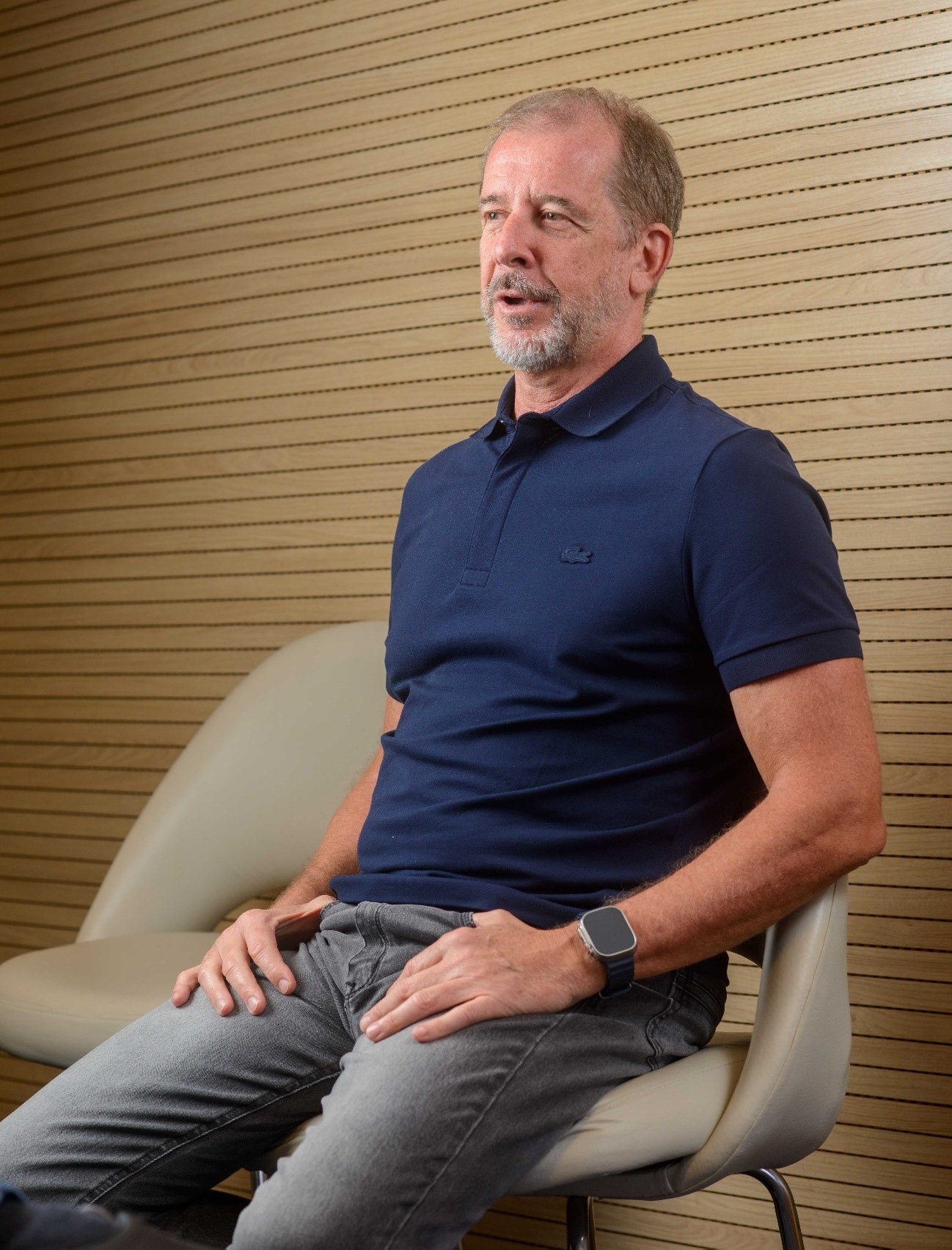
Ipiranga must deal with corporate risks of all kinds. How does the company manage reputational risks?
We constantly map risks, updating the matrix and our mitigation plans. We classify the most intense risks at the moment and those to which we are most and least exposed. This discussion takes place not only at the company level, but also at the shareholder level. We provide visibility. The business is indeed exposed to a series of risks: from the broadest, considering the country scenario, to the tip, the relationship with the reseller as a potential risk. It is a relationship that can be great or bad, depending on the moment.
How are reputational risks viewed in relation to corporate risks?
They are part of it, because reputational risk can come from anywhere. They are part of these risks that we map and monitor closely. Now, Ipiranga is a very beloved brand, and even when there is occasionally one or two events with comments about the brand, they have little impact and are quickly dismantled.
Considering these two sides, both the negative, of risk and crisis, and the positive reputation, how does the company measure the impact of reputation? As a valuable asset, also attributing to reputation, for example, an impact on the result?
It would be premature to take a reputational event, whether positive or negative, and immediately apply it to the business. After all, we don't have events that are so relevant that we can say 'this hurt us' or 'this helped us a lot'. But we monitor a series of indexes that are both company and brand-related. NPS, for example, is part of executive compensation. When you put everything together over time, you can see how reputation, brand perception and culture are evolving. We are talking about a company that has a lot of tradition, a long history in Brazil and a very well-accepted brand; certainly, all of this helps us do business and grow. But it is all part of a context, of a larger proposal.
What keeps Ipiranga up at night the most in terms of reputational risks?
From Ipiranga's point of view, it's not that it's a cause for sleepless nights, but Ipiranga is a very exposed brand. And many of the executions that happen in our brand are not done by us, they are done by partners.
What do you mean by 'Ipiranga is a very exposed brand'?
It is very exposed because it has 6,000 gas stations and 3,000 trucks running every day. That's why we constantly monitor what is being said about Ipiranga. We have everything we believe is best for managing our business, but it is an exposed brand. This first point doesn't keep me up at night, it's part of our life and we know how to do it. What really bothers me is the level of irregularity in our sector. There are a lot of problems with tax evasion and non-compliance with regulatory rules by other distributors, which not only hinder the competitiveness of the business for those who work properly, but also the image of the sector.
“There is a reputational issue for the sector, and Brazil needs to make a decision if it wants to act more strongly in this, because everyone loses, the federation and the States lose – because the level of tax evasion is enormous –; the consumer loses, because they are cheated at the pump, and companies that work seriously lose, because the appeal for investment falls.“
Will holding COP 30 in Brazil in 2025 change anything for the company?
COP 30 itself changes little. Ipiranga is already carbon neutral for scope 1 and 2 and even buys renewable energy certificates based on wind power, but this is a process. I always tell the team that it is important to be involved in the energy transition process, to be part of the discussion and the solution as much as possible, but we need to understand that our responsibility today is to supply the Brazilian market, which needs energy solutions and fuel. So, we cannot remain immersed solely and exclusively in a discussion of energy transition and forget our mission, at this moment, in the short term, which is in fact to bring energy to Brazil.
Regarding priorities, what are Ipiranga's fronts in 2025?
Broadly speaking, we have four natural pillars that will be our priority. One is to have a supply capacity that provides Ipiranga with a competitive product and a good dose of optionality. Petrobras is our largest supplier, but bringing a competitive product is one of the fundamental pillars of this business and, today, we have the capacity to bring it from anywhere in the world. Another front is to have logistics very efficient while providing a high level of service. The third pillar is the competitiveness: a good level of market intelligence, the most efficient costing capacity possible and a good team working on the cost and price equation. And the fourth pillar is engagement by enchantment, which is to use brand and culture as great business catalysts.
Intense logistics
- 85 distribution bases;
- 3 thousand trucks in circulation/day;
- More than 10 thousand truck loading and unloading events/day;
- 2.5 million refuelings at gas stations per day.
Were these pillars defined during your management?
I started in October 2021. When I arrived, I felt the need to put things back on track and bring back some things that were very traditional in the company, and we decided to adopt them as a work platform. Strategic planning and business plans will always be based on these pillars.
Field Executive
Ipiranga CEO Leonardo Linden includes frequent visits to the brand's gas stations in his schedule. This is a characteristic that the executive, with a long and successful career dedicated to the fuel, oil and gas sector, has maintained since his debut in the market. “I can connect the issues we deal with at the executive level with what the consumer is receiving at the other end of the business,” he says, about the feeling on the gas station's track, when he follows the dynamics of the operation.
Resellers from other brands also join his route. “I like to go and see what our competitors are doing, both good and bad,” he confirms. For him, a busy field schedule is essential. Linden believes that a good team that takes on its responsibilities is the key to opening up the schedule while maintaining balance with the leader’s other responsibilities. It will always be an exercise in choosing priorities and understanding what makes sense at that moment, he says.
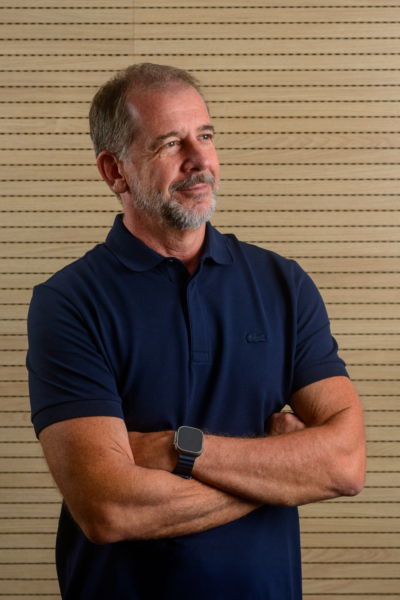
“Any company that relies too much on the CEO to make all the decisions, sign everything that needs to be signed and do everything that needs to be done during the day has some other problem, because it shouldn’t be that way.”
Christianne Schmitt is editor of the Reputation Feed
Christianne.schmitt@ankreputation.com.br
